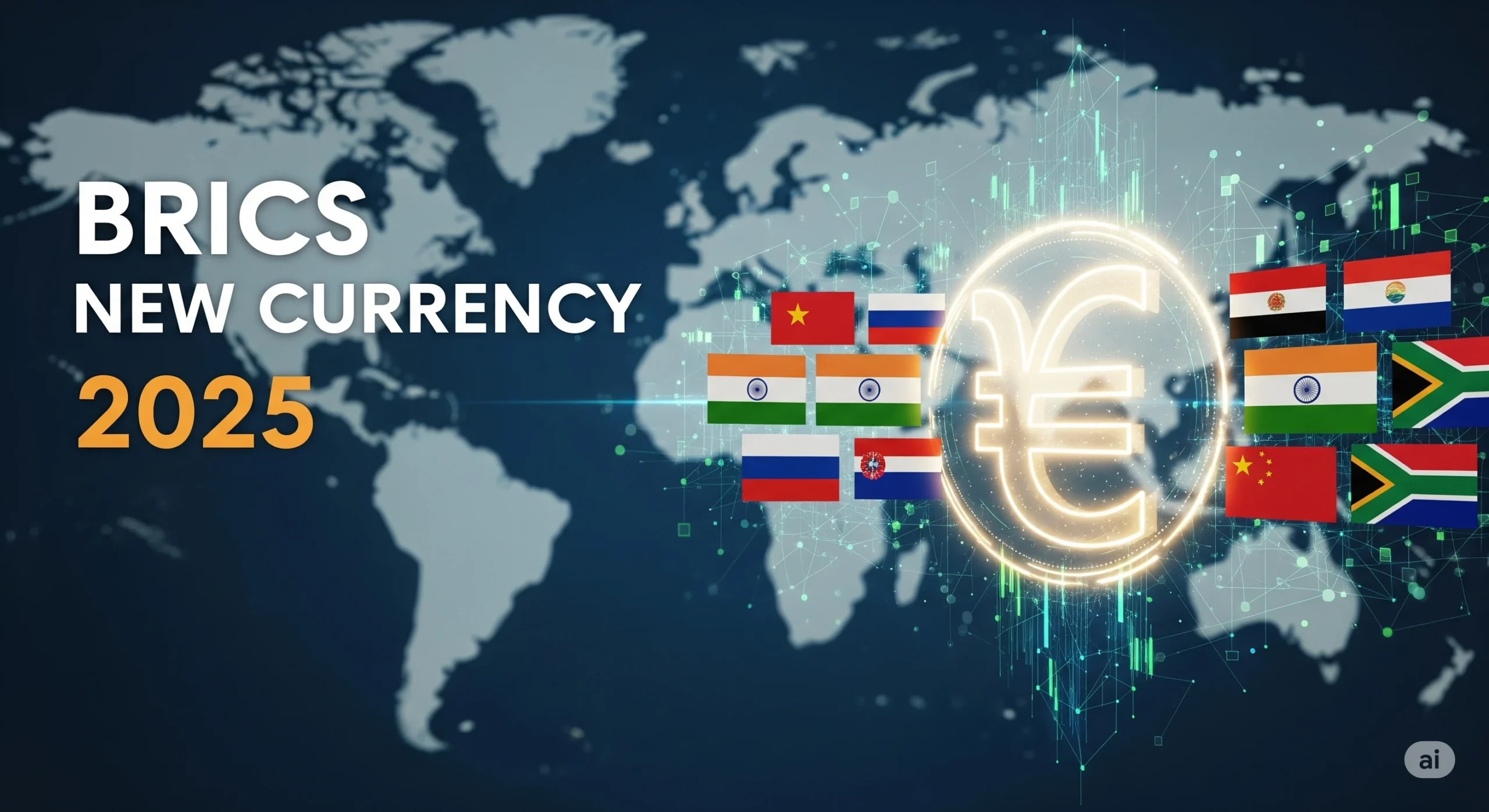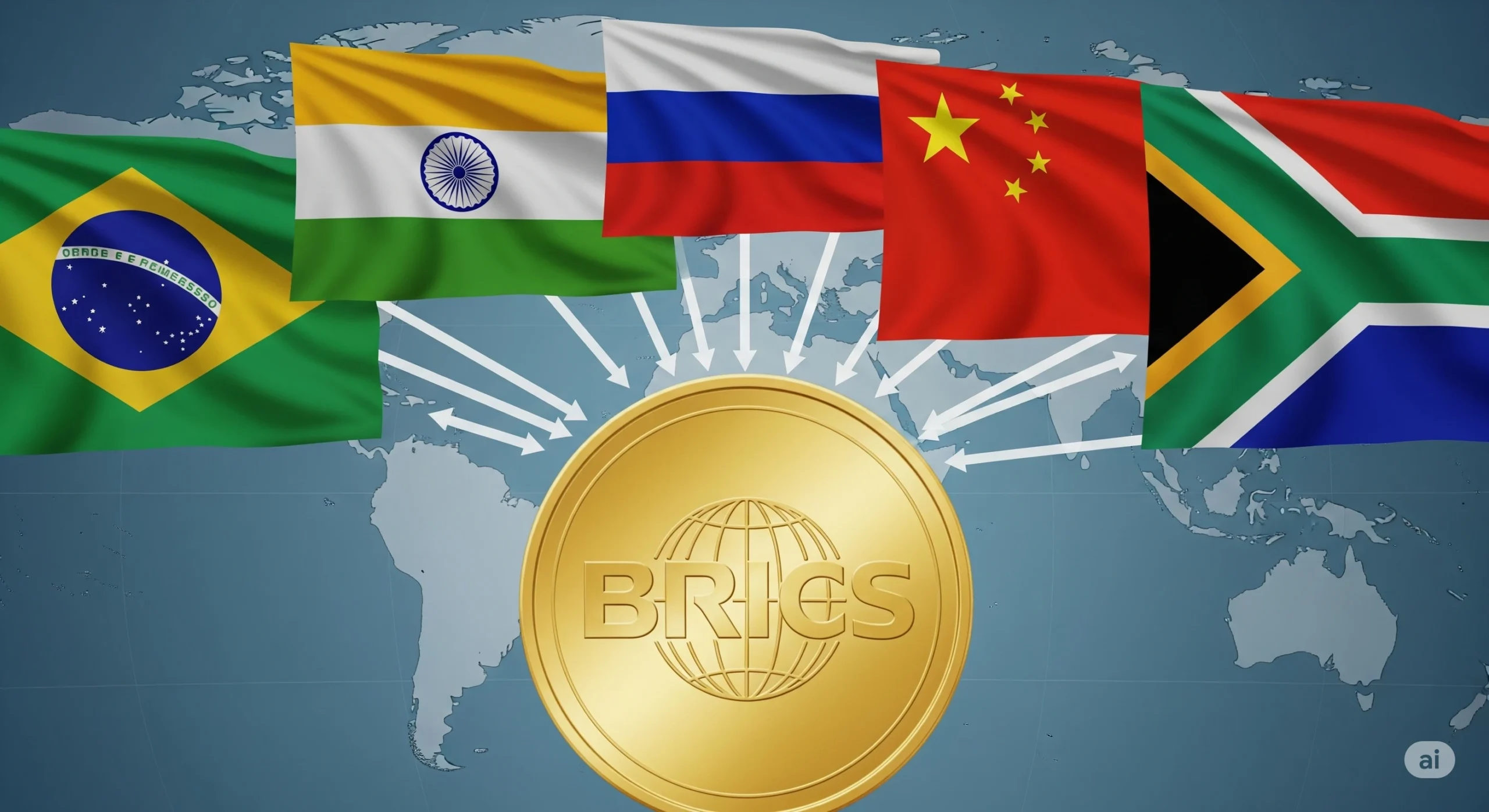GloNews10

The global financial landscape is set for a major shake-up as BRICS nations—Brazil, Russia, India, China, and South Africa—unveil plans for a new currency system by 2025. This initiative aims to reduce dependence on the US dollar in international trade and strengthen economic ties among member countries.
The new BRICS currency is expected to be backed by gold and other natural resources, ensuring stability and credibility. According to reports, the currency will initially be used for trade settlements among BRICS nations and gradually expand globally.
The US dollar currently dominates global trade, accounting for nearly 60% of international reserves. A successful BRICS currency could challenge dollar dominance, shift global trade patterns, and impact foreign exchange markets worldwide.

Experts point out that creating a unified BRICS currency will face hurdles, including political differences, currency volatility, and infrastructure setup for cross-border transactions.
Finance ministers from BRICS countries are scheduled to meet later this year to finalize the roadmap. If successful, the new currency could launch by mid-2025, reshaping global economic power dynamics.
Q1: What is the BRICS new currency in 2025?
A1: The BRICS new currency is a proposed common currency for Brazil, Russia, India, China, and South Africa to reduce dependence on the US Dollar in global trade.
Q2: When will the BRICS currency launch?
A2: The official launch date has not been confirmed, but discussions suggest 2025 as a potential timeline for implementation.
Q3: Why are BRICS countries creating a new currency?
A3: The main goal is to promote trade within BRICS nations and reduce reliance on the US Dollar, increasing financial sovereignty.
Q4: How will the BRICS currency affect the global economy?
A4: It could shift trade patterns, reduce USD dominance, and create new challenges and opportunities for international markets.
Q5: Can individuals use the BRICS currency?
A5: Initially, the BRICS currency will likely be used for international trade among member nations, not for personal transactions.